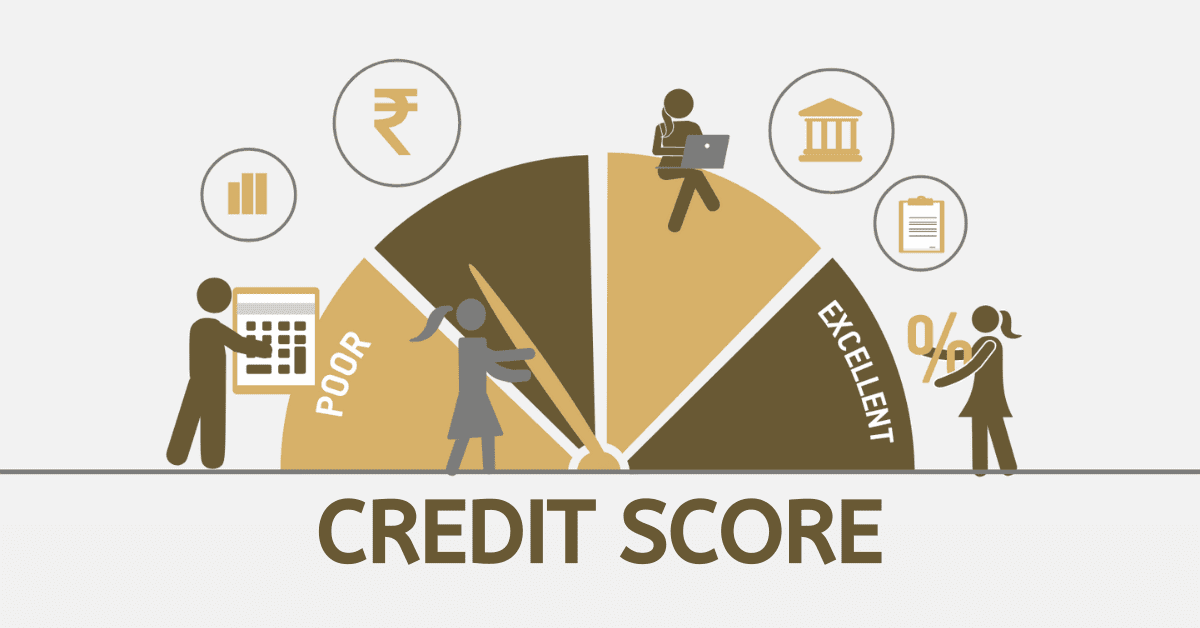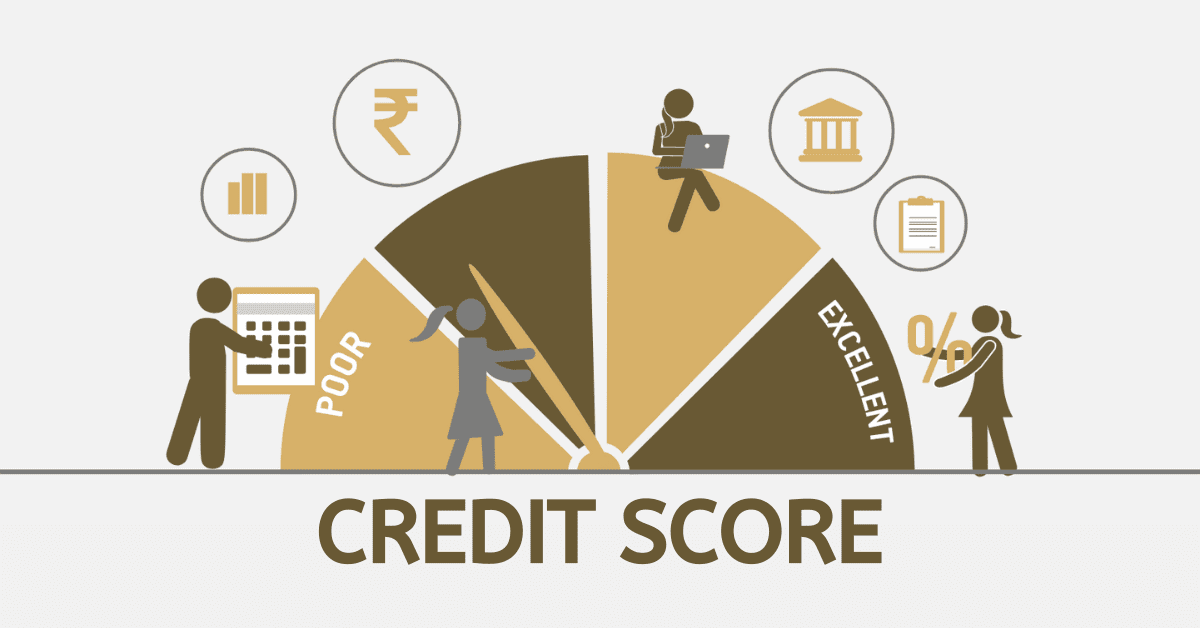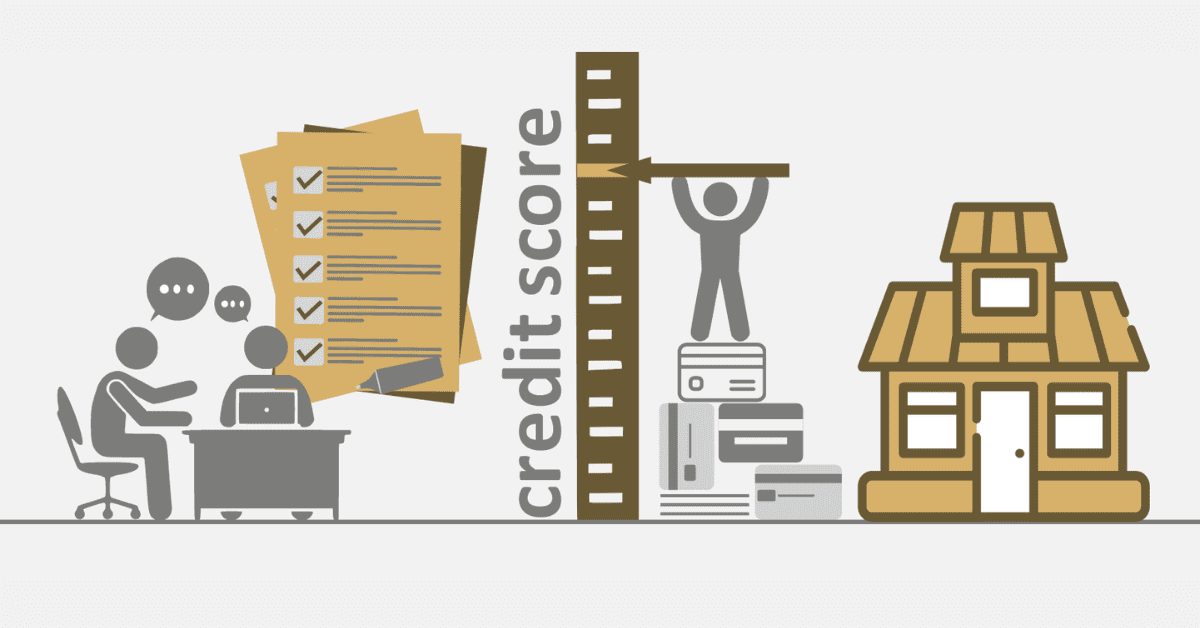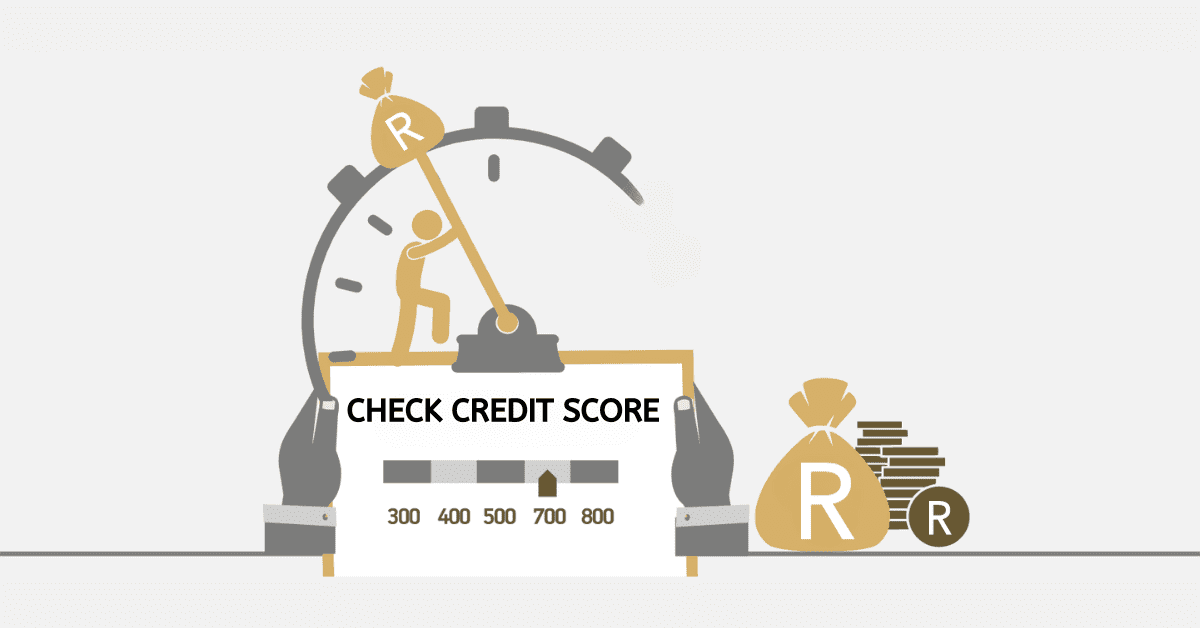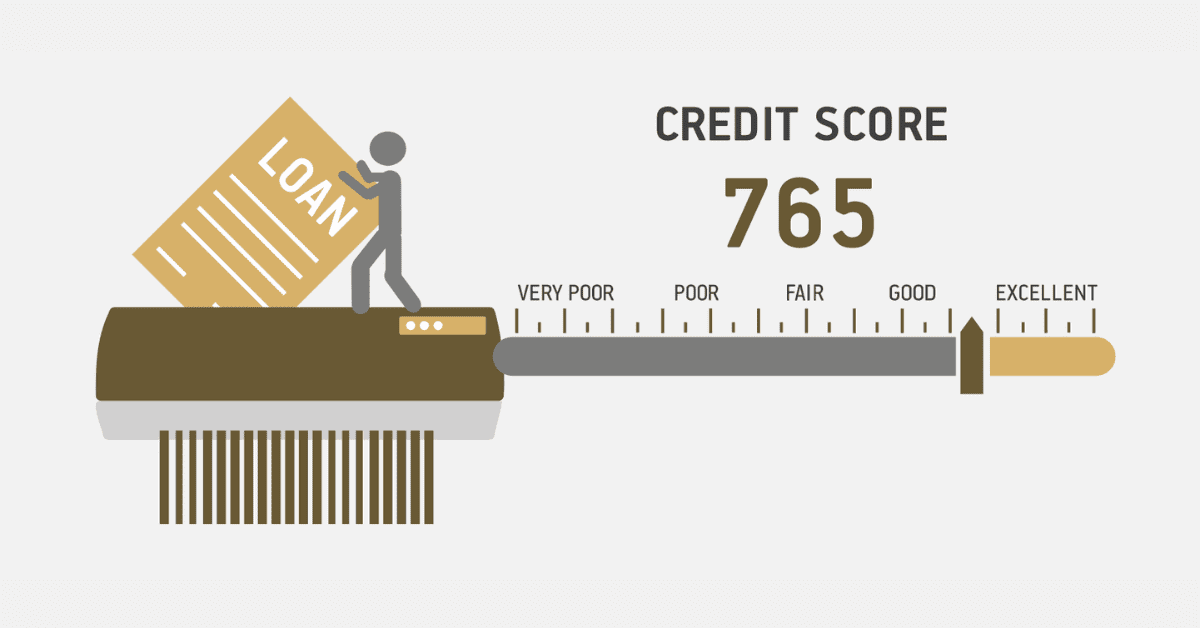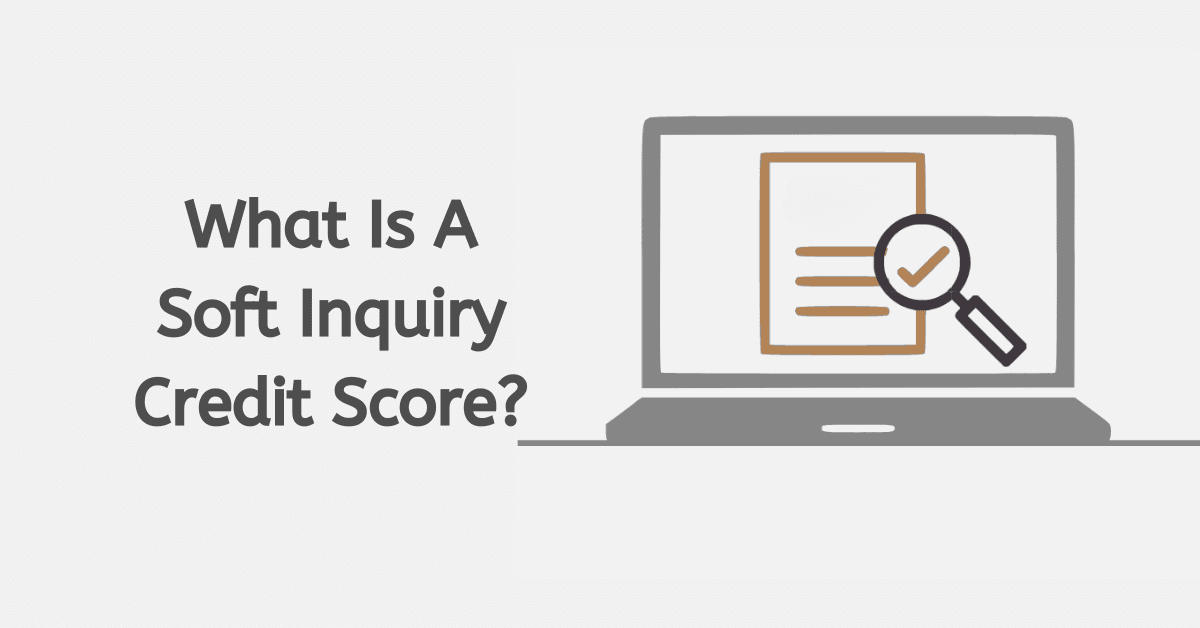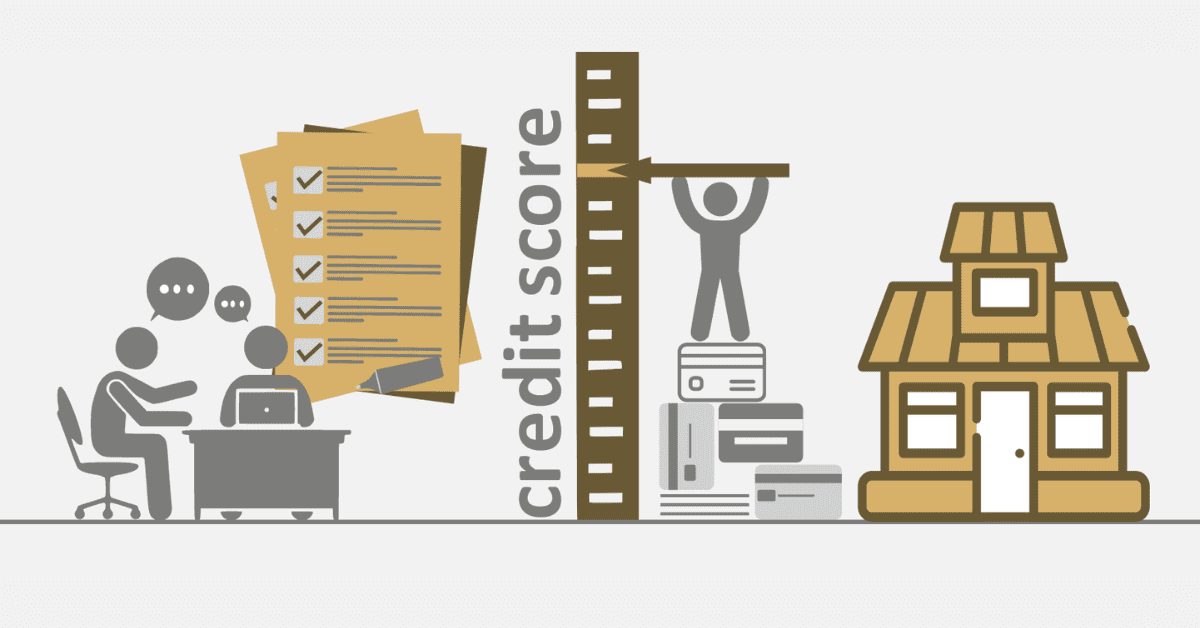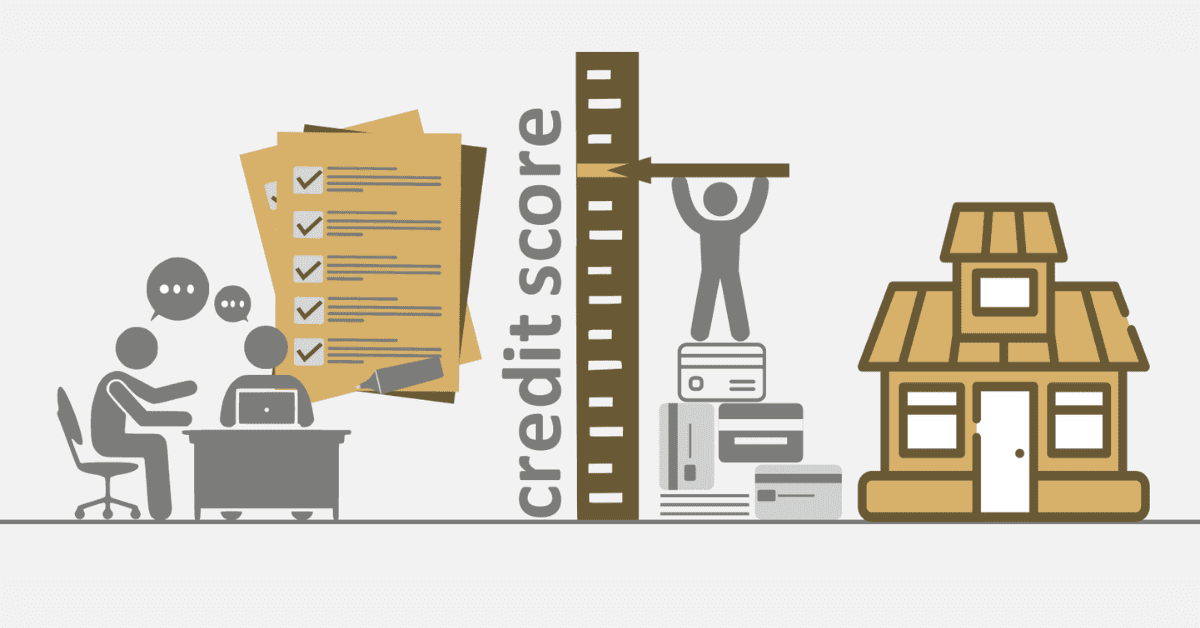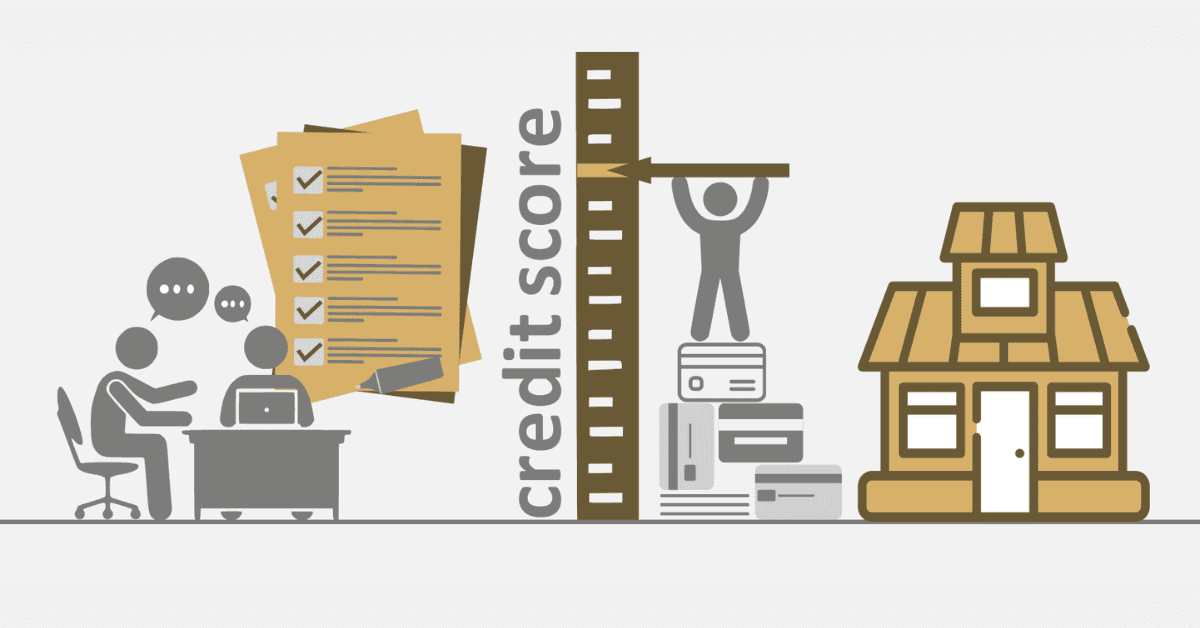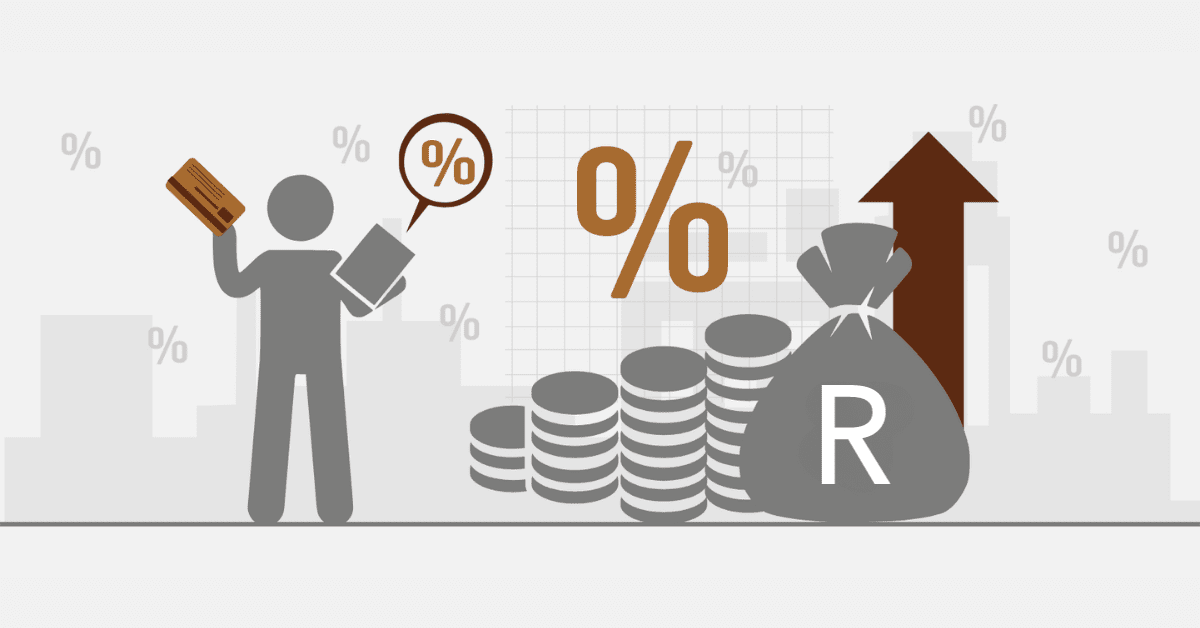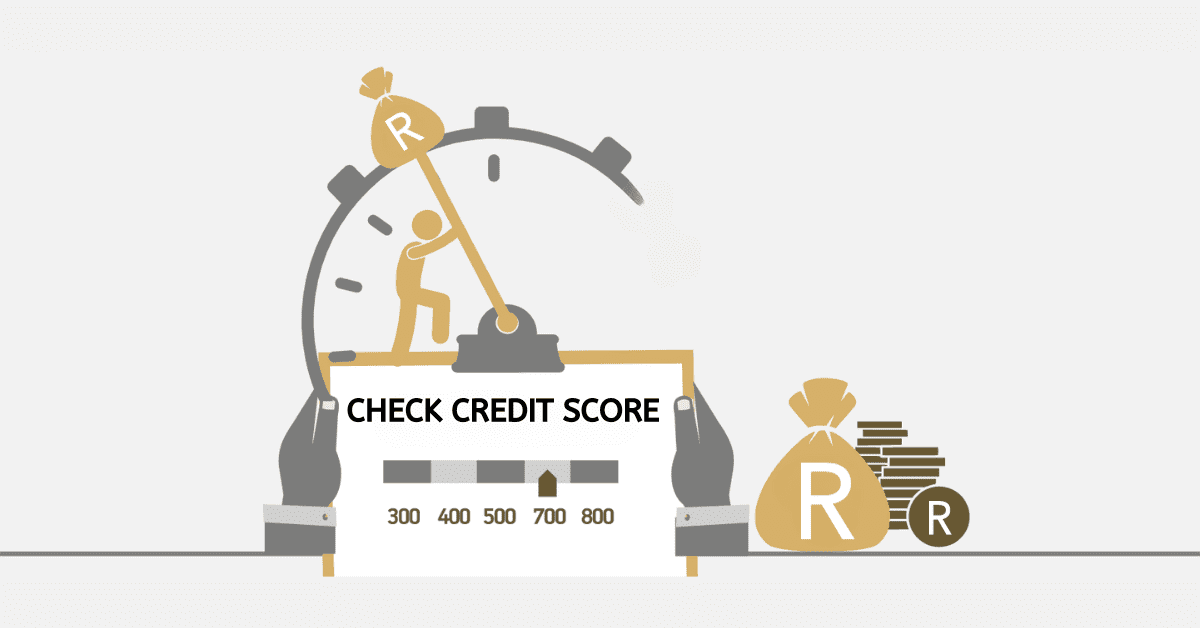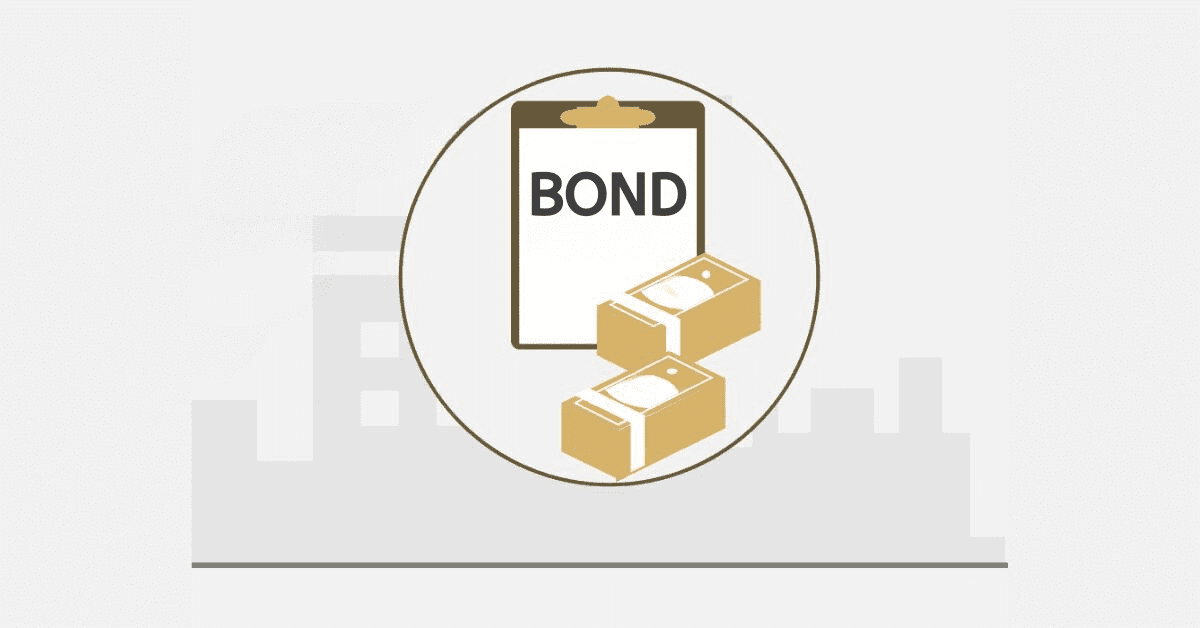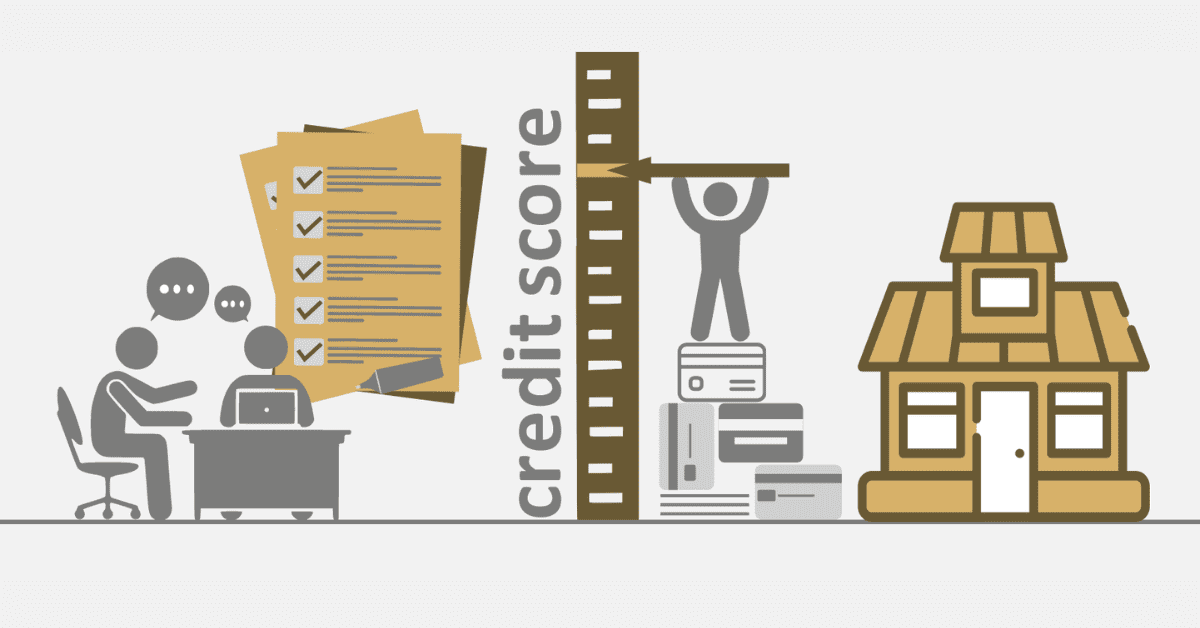Defaulted accounts and court judgments are among the most serious negative credit behaviors reported on by the credit bureaus. They will have a large impact on your credit score and will persist on your report for many years to come unless you take proactive measures to prevent this. While you can’t escape the consequences of a court judgment scott-free, you can make sure that once you have ‘done your time’ and addressed the debt, it no longer holds your credit score back. Today we will walk you through everything to know about judgments and your credit score, including how long a judgment will stay on your credit report.
How Long Do Credit Judgments Stay On A Credit Report
A credit judgment in South Africa will stay on your credit report for 5 years, or until the debt is paid or otherwise settled in a manner in line with the court’s judgment. If you settle the debt, you will not have to apply to the courts to have the judgment rescinded, as it should occur automatically. However, you may want to monitor your credit report carefully to ensure this happens and apply to have it removed if it does not fall away on time.
How Do I Remove A Judgment From My Credit Report?
If you have a legitimate judgment active against you, you cannot remove it from your credit report without either settling the debt or otherwise complying with the court order. Once you have addressed the matter, it should be removed from your credit report by default. This can occur in as little as 7 days after the final payment is made, although we would advise you to wait until the end of the calendar month to ensure the credit bureaus have had time to process the data and update your report.
If a judgment you have paid or otherwise settled is still showing on your credit report after this point, you can file a dispute with the bureau in question to have the item removed. This is done online, on the bureau’s website, through their ‘dispute’ option. You will fill in an online form detailing the problem. You will also be prompted to upload your proof and supporting documents, which could include a letter from the court indicating that the matter is settled, a paid-up account notice from the lender, and similar documents.
Once the dispute is filed, the bureaus will have 20 business days to respond with a resolution. If you made the dispute in good faith, this will typically go in your favor. If you are not satisfied with the outcome, your final port of call will be the credit ombudsman. They will act as an impartial adjudicator, and reach a final decision that will stand.
How Do I Find Out If I Have Any Judgements Against Me In South Africa?
Most South Africans find out they have court judgments against them regarding their credit in a variety of shocking ways. These are usually a letter from the collecting attorneys, a summons to court (if the matter is still underway), having their wages garnished by court order, finding the ‘repo man’ waiting to secure assets to settle the debt, or finding there is a freeze on their bank accounts and other income sources.
Luckily, there is a better way! If you are regularly and proactively monitoring your credit report, the chances are you will identify issues such as court judgments before they reach this point. That will give you the time and freedom to address the matter with the lender, court, or debt collector, and come to a better mutual agreement.
If at all possible, you should strive to avoid debt going to court at all. Once the court system is involved, it becomes a larger penalty that will have a bigger impact on your credit score and be harder to address all around. Plus, you will be dealing with the fallout from a court judgment for a lot longer.
While it may be tempting to hide from the matter and stay in denial, you will always be better served by addressing these issues early with the lender and trying to reach a mutual agreement on the resolution. Most lenders would rather work out a payment plan or other way to address the problem rather than undertake the lengthier and more expensive court proceedings.
What Happens When You Get A Judgment Against You In South Africa?
A judgment simply means that the courts have gotten involved in the debt collection process. Usually because you have been hostile or unresponsive to other attempts to settle your debt. Many South Africans, knowing that ‘prescribed’, or lapsed, debt cannot be collected after 5 years, will try to escape their debt by staying ‘on the run’ from their creditors and hoping the matter will eventually lapse. However, the lender also has the right to file legal proceedings against you in these circumstances, so it can be a very dubious bet to make that could backfire spectacularly.
A lawsuit shouldn’t ever be a surprise. You are supposed to be served with a notice from the court and have the opportunity to plead your case. However, many South Africans miss the legal paperwork, hide from it, or are incorrectly served by the lender. In these cases, a default judgment will be made against you. Once this is finalized, you have no route to appeal. You will have to follow the court-ordered steps to clear your name.
While it can be tempting to ignore debt that has gotten out of control, you ideally do not want to end up with a court judgment against you. It will mean settling the debt anyway and also dealing with the fallout from the legal proceedings and their impact on your credit report. Taking proactive steps to engage with your lender and reach a better resolution will always be the best move.
